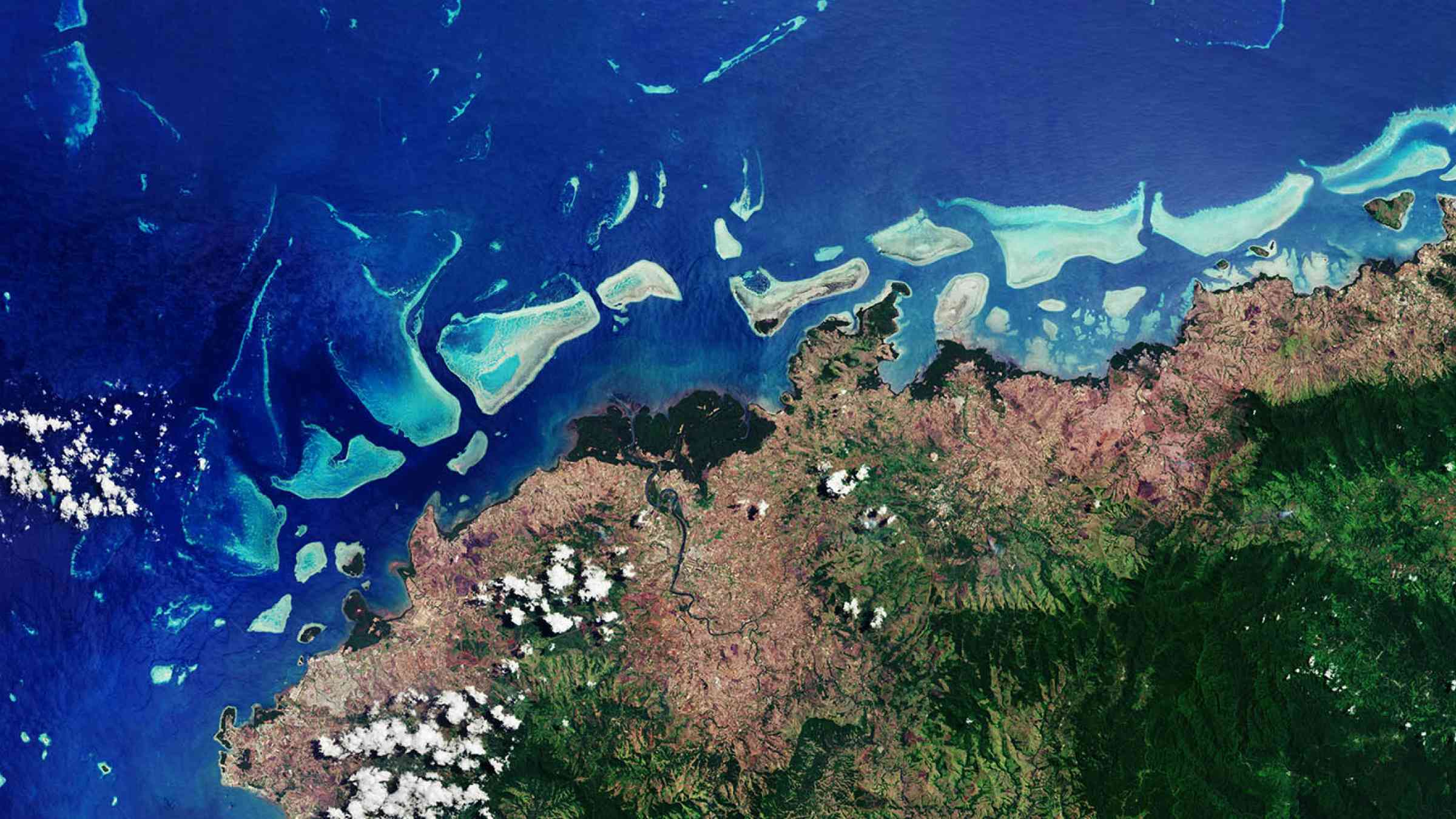Using research to create sustainable insurance solutions for farmers in Fiji

Extreme weather events have devastating effects on many Small Island Developing States (SIDS). How were the communities affected by tropical cyclones in the past years? UNU-EHS and MCII members of the Pacific Insurance and Climate Adaptation Programme (PICAP) team conducted qualitative research in Fiji, together with the University of the South Pacific (USP). Researchers interviewed famers who have been affected by tropical cyclones in the past years. The discussions focused on how farms and community members were affected by these extreme weather events.
This qualitative research facilitated through focus group discussions gave the researchers and project team numerous insights into the constraints many Fijians face after a natural hazard strikes. Some of these challenges include the extent to which cyclones destroy farmers’ crops, as more than half of their crops can be destroyed and there are not any crops that are unaffected by cyclones. To reduce the impact of extreme wind events, farmers have changed the planting season of some of their crops so that their plants are not too tall during the cyclone season (shorter plants are less likely to topple over due to high winds). Farmers will also cut some of their plants when they hear that a cyclone may hit, to reduce the impact of the wind; however this practice always comes with a risk: If a cyclone doesn’t hit, their efforts are wasted and they are left with less produce in the harvest season, due to the shorter crop. From these conversations, it became very obvious that there are clear limits on the effectiveness of employing risk reduction measures to some crops. Indeed, cutting down crops only mildly reduced the impact of the events and for many of the crops, for example with sugarcane, there were no affordable measures to protect the stalks from extreme wind.
The farmers also spoke in detail about the coping mechanisms they relied on after cyclones hit. Many explained that after their crops are damaged by the extreme wind and rain, it is still possible to consume those crops for about two weeks. After this short fortnight however, the crops will start to rot. This becomes an issue as many farmers do not have freezers or other methods for preserving the damaged foods. While families do try to save some food, when living on a subsistence level it is often difficult to save large quantities. This is also the case for financial savings. While families and individuals do try to save up for these climate hazards, often their savings will have to be spent on unexpected events like a family member needing to visit a hospital or a funeral. During this period after the cyclones, the farmers are also occupied with cleaning up their farms and replanting. However, even with the fastest growing crops it can take 2 to 3 months before the crops are mature enough to bear fruit. This means that from the period between two weeks after a cyclone hits and two months, many families and villages have to look for alternative food sources. This will then often require them to take the bus into town to purchase rice and other goods to feed their families.
This research reconfirmed the need for climate and disaster risk financing instruments, such as parametric insurance, to help provide families with financial liquidities after extreme weather events. The parametric insurance would pay out within two weeks of an event, enabling families to go to town to buy additional nourishment during the difficult recovery period.
The research more importantly helped identify how the PICAP project can further support farmers. For example, one of the limits of the current parametric product in Fiji is that it is only sold through cooperatives. Speaking with the farmers evidenced the need for a product that could be sold individually to farmers, as there were many members of the communities who were interested in the insurance products but were not members of local cooperative. It also highlighted the need for an insurance product that could be sold digitally, for example through mobile phones. This is because it is quite expensive for famers to take the bus into town where the insurance companies are located. To increase access to the insurance products, insurance products that can be purchased through mobile phones should be created so that individuals can buy protection without having to spend extra time and money travelling into town to do so.
The Pacific Insurance and Climate Adaptation Programme (PICAP) will publish the results of this qualitative research in the second half of 2022. This qualitative research is a follow-up to a survey that was conducted in April 2022 that aimed to capture how farmers of different commodities were affected by cyclones, as well as their coping strategies and need for financial instruments.